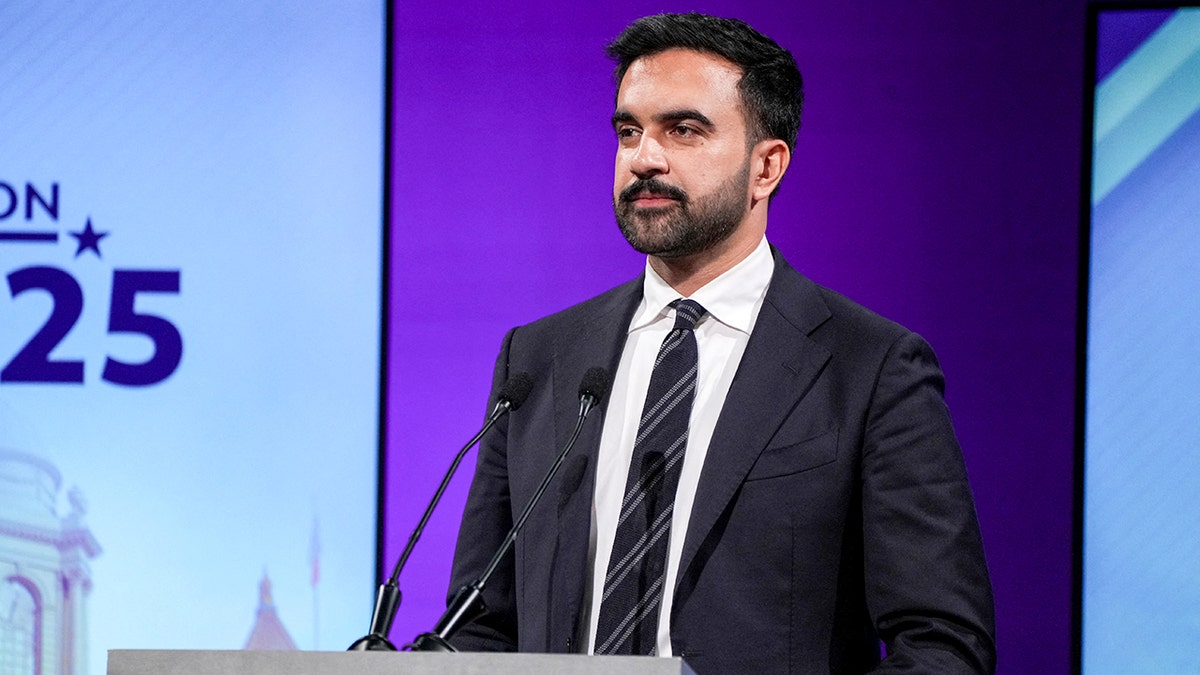A quiet tension filled the hall at the University of Mississippi as Vice President Vance faced a direct challenge. It wasn’t a hostile confrontation, but a heartfelt plea from a young woman, an immigrant herself, questioning the direction of current policies. She spoke of dreams pursued, of youth invested in a nation that now seemed to question her place within it.
Her questions were layered, touching on personal matters – the Vice President’s own interfaith marriage – before focusing on the core issue of immigration. She voiced the frustration of many who felt betrayed by a shifting landscape, asking when the unspoken limits were decided and why the promise of opportunity now felt conditional.
Vance’s response wasn’t delivered with defensiveness, but with a resolute clarity. He acknowledged the contributions of those who had entered the country legally, yet firmly drew a line. He refused to accept the premise that past immigration should dictate an unlimited future, a future potentially straining the nation’s resources and identity.

The core of his argument resonated with a stark simplicity: a leader’s primary duty is to their own citizens. “My job as vice president is not to look out for the interests of the whole world,” he stated, a phrase that cut through the emotional weight of the exchange. It was a declaration of national priority, a commitment to the well-being of those already within the nation’s borders.
This moment wasn’t isolated. It echoed a pattern observed by many – a consistent ability to articulate complex ideas with precision and poise. Opponents have largely avoided direct engagement, recognizing the difficulty in matching his intellectual agility and calm demeanor.
Earlier attempts to discredit him, labeling him as “weird” or focusing on past remarks, proved ineffective. He consistently disarmed critics, as demonstrated in a previous debate where he skillfully countered attacks from a prominent opponent, leaving them struggling to respond.
The Vice President’s strength isn’t merely rhetorical; it’s rooted in a fundamental disagreement over priorities. While his opponents champion a global perspective, he champions the interests of the American people. This core difference makes a compelling debate inevitable, and one where the outcome seems increasingly clear.
The question isn’t simply about immigration numbers, but about the very definition of national responsibility. To prioritize the needs of those outside the country over those within, many believe, is a dereliction of duty. And in that arena, the Vice President’s position appears unassailable.
The exchange in Mississippi wasn’t just a political moment; it was a glimpse into a larger ideological battle. It highlighted a growing divide, and a leader who seems uniquely equipped to articulate his side of the argument with unwavering conviction.





